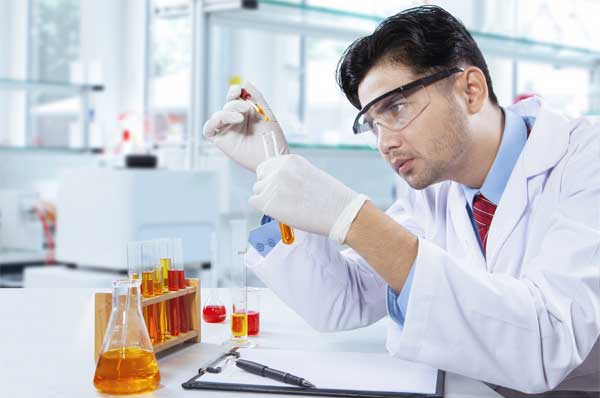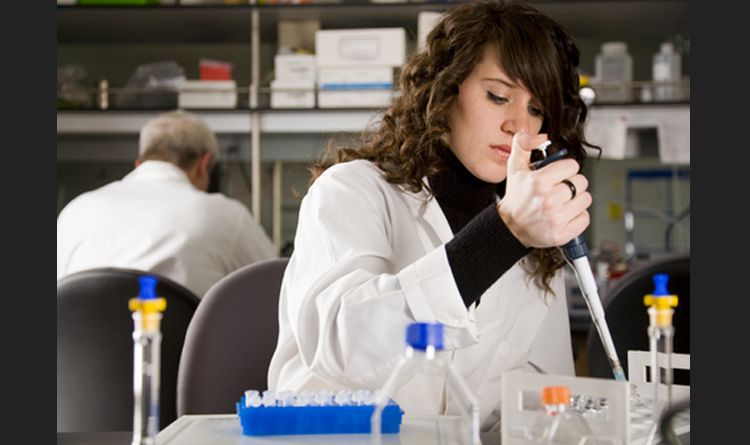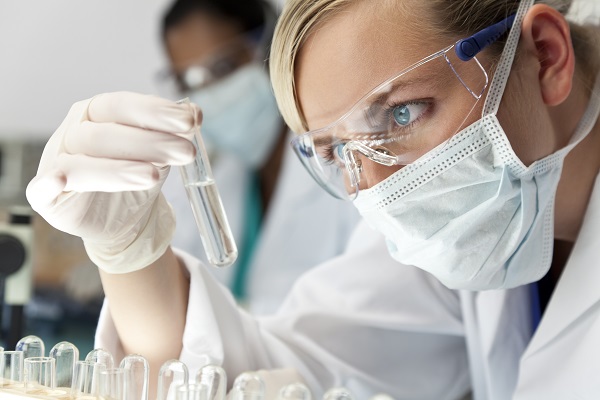Developing the right aptitude for a career in analytical chemistry


Analytical chemistry provides ample career opportunities to a fresh person graduating from university. Numerous fields of activity are elaborated in our earlier article titled- 125 job profiles for an analytical chemist. In short analytical chemistry provides openings in the following domains:
- Basic research and development
- Applied research almost in every discipline
- Academic teaching
- Commercial testing laboratories
- Industrial quality control laboratories
- National and international regulatory laboratories
Job responsibilities of an analytical chemist discusses to an extent the essential skills and professional ethics that promote a sustained career growth. In addition to the skills and ethical qualities you should also focus on your personal attributes that will benefit you in the long run.
Professional qualities and attributes
Professional qualities and attributes give you the cutting edge over others in any discipline and this is true for analytical chemist as well.
Sense of Responsibility
A laboratory houses several hazardous materials such as flammable liquids, toxic and poisonous chemicals, corrosive acids,etc. As a responsible person you should follow safety guidelines to safeguard your own safety as well as that of your co-workers. In the event of any mishap or accident you should inform the concerned safety officer or senior manager and if possible volunteer yourself in relief and evacuation operations. Help in maintaining a clean and contamination free laboratory environment and at time of leaving the laboratory at the end of the day follow the suggested guidelines for leaving the laboratory to prevent accidents when no one is around to control the damage.
Dedication to Work
A laboratory job unlike an office job may require devotion of extra time even after normal working hours due to emergencies such as reporting deadlines, time taken for completion of reactions and other processes, publication of papers, etc. Additionally you may be required to visit remote or inhospitable destinations for the purpose of sample collection so you should not hesitate to undertake such tasks. No reluctance should be shown in cleaning of laboratory glassware to your own personal satisfaction or offering a helping hand when heavy equipment is to be moved.
Honesty
Honesty plays a very crucial role in the analytical profession. The prescribed analysis procedures need to be followed honestly and without taking shortcuts. You should not alter reports under pressure from others or under promise of inducements. In the interest of safety of others report honestly sequence of laboratory accidents and harmful spills
Time Management
Laboratory work can sometimes become demanding and lead to stressful situations. Ability to plan your work effectively in advance and making all the required arrangements can help overcome such stressful situations. Urgencies in analysis often interfere with your original plans. Priorities in such circumstances should be changed only after consulting your senior managers.
Communication Skills
Over the years with experience you will acquire the required knowledge and technical skills. Mere knowledge is of little value if you lack communication skills and are not able to impart such skills to your junior colleagues or communicate with your customers authoritatively and convincingly. The secret lies in keeping yourself updated and develop your communication skills. The more you share your knowledge with others the more respect you will earn and you will gain recognition as an expert in your specialized field.



Dear Sir,
I would like clear one matter regarding which is related with the quantity of water that taking for standard solutions in volumetric flasks. And another matter is related with the calibration. If we are taking 500 gram distilled water at 20 Degree celcius, in a standard volumetric flask its volume will be 500 ml, is enough for the calibration.
Thanks,
For calibration you should weigh the empty flask and after filling upto the mark weigh again. At 20 deg c the mass of water after subtracting weight of empty flask should be 500 gm.